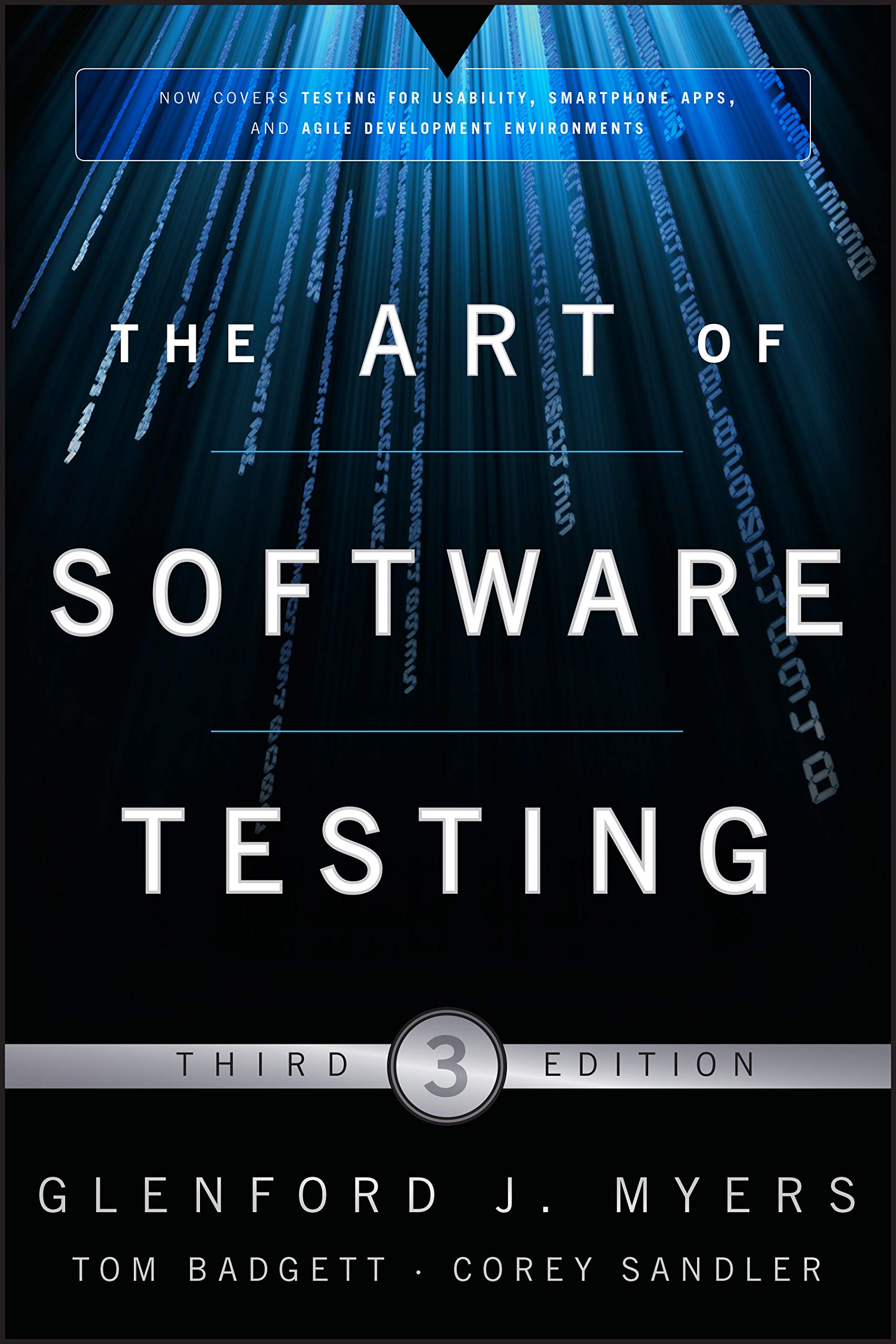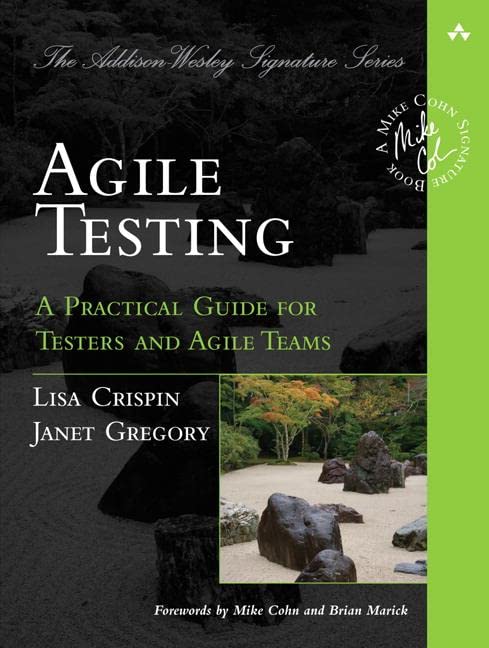 Pursuing the dream of becoming a software engineer and programmer is more than just learning how to code. Besides learning new coding languages and programs, one way to ensure that your skills are actually going into programs that work is by studying software quality assurance. The goal of SQA is to guarantee quality in all processes of software development. This includes requirement definition to coding until a program’s release.
Pursuing the dream of becoming a software engineer and programmer is more than just learning how to code. Besides learning new coding languages and programs, one way to ensure that your skills are actually going into programs that work is by studying software quality assurance. The goal of SQA is to guarantee quality in all processes of software development. This includes requirement definition to coding until a program’s release.
In practicing software quality assurance, otherwise known as SQA, there is a particular cycle and plan that is followed by software engineers. The procedures, strategies, and tools used to ensure that a product or service adheres to the standards outlined in the SRS are included in the software quality assurance plan. However, this kind of plan, and the different specifications needed according to each different program can be difficult to put together without any prior knowledge. This is where software quality assurance books come in. To learn how to become the best, aspiring programmers need to learn from the best.
Fortunately for you, we’re collating the best software quality assurance books that you can buy physical copies of, or books that you can also access online.
You might also like: Best Country to Be A Software Engineer
Best Software Quality Assurance Books
1. Clean Code: A Handbook of Agile Software Craftsmanship by Robert C. Martin

The first book on our list was released in 2008 by a renowned software expert named Robert C. Martin. This book is essential for coders because it will brief you on reading codes and figuring out what exactly is wrong with them. Not only will this book challenge you to sharpen your skills as a coder, but also your values towards being a software engineer.
This book is comprised of three different sections that will help you accomplish these different goals. The first outlines the rules, strategies, and procedures for creating clean code. The second section will urge you to apply what you learned by providing you different case studies that include different coding problems that you’ll have to resolve. The final chapter is a summary of all learnings from the book, which will essentially serve as a sure guide to everyday software quality assurance.
This book isn’t only made for those who want to specialize in software quality assurance. It is for all people who want to improve as coders and programmers.
2. The Art of Software Testing by Glenford J. Myers, Corey Sandler, and Tom Badgett

The Art of Software Testing is a highly in-depth ad comprehensive introduction to software testing. This book focuses on different kinds of tried-and-tested software testing approaches that are important for every software engineer to know. The information in this book includes all kinds of knowledge that will help you fix different issues from a variety of natures. The third and latest edition includes guides on how to apply software testing on devices such as modern mobile devices and programming and e-commerce environments, and more.
The book is quite pricey, but if you’re looking for a book that covers all the basic and comprehensive guides that you can use for all of your software developments, it’s an investment.
3. How to Break Software: A Practical Guide to Testing by James A. Whittaker

This is a book that is especially great for beginners to the software world. And to the world of quality testing. Though it’s helpful for beginners, its value remains high with experienced testers who need a refresher or eye-opener to how software testing can be approached. How to Break Software provides information on the fundamentals of software testing which are flexible, compared to many popularized methods that are rigid, and therefore cannot be applied to many kinds of programs.
4. Agile Testing: A Practical Guide for Testers and Agile Teams by Lisa Crispin and Janet Gregory

The final book on our list is Agile Testing, which focuses more on the role of a software quality assurance tester in a development team. The agile testing and team approach is a new strategy to provide quality outputs to clients in a quicker amount of time. This is what authors Lisa Crispin and Janet Gregory wish to teach in their book.
Agile Testing will focus on what agile testers and developers do in a software development team, how to transition from a traditional system of software quality assurance testing to an agile one, how to use different tests effectively, and more. If the previous books we’ve mentioned focus more on teaching you what techniques are needed for software quality assurance, Agile Testing focuses on placing your newfound knowledge into a development team with real-life applications.

Which certification is best for QA?
There are a handful of certifications that you can pursue if you want to become a quality assurance tester. Each certification related to becoming a QA is dependent on what skills you have and what roles you want in your career. The best certification to prove that you have the standards and skills of a QA is the Certifed Test Engineer. You may develop in your job, join a renowned professional organization, and demonstrate your managerial acumen with a CSTE certification.
On the other hand, you can also pursue the Certified Software Quality Analyst (CSQA) certification. This certificate’s background is more complex than the CSTE’s. It talks about both quality control and assurance. A person can enroll in the course after obtaining their CSTE and progressing in their QA responsibilities.
You might also like: Best Embedded Software Companies in 2023
What are 5 QA best practices?
There are different practices that work with different projects better than others. However, here are five main qualities and practices that can apply in every software development project.
- Developing a thorough plan. This practice allows you and your team to map out all of your goals and tasks for the project.
- Performing timely and organized reviews. Reviewing your progress at certain stages in your project allows you to fine tune your processes. While also thoroughly checking for errors or issues before it gets worse
- Team building efforts. The team members are the key to creating a high quality output. It is important that the team dynamic is healthy and productive.
- Pursue different types of testing. This is another way of making sure that there are no bugs to affect your software. Don’t stick to one or two test methods. Try different ones out to check for possible faults.
- Have an open mind. Each project will always pose new challenges and therefore new knowledge. As software developers, you must always be open to new possibilities to grow.
Is QA still in demand?
QA testers remain highly in demand as we continue relying on technology in the modern world. As more and more people become interested in creating software, more and more testers are needed to ensure these projects can be used. Becoming a QA tester is a highly viable and fruitful career, if pursued properly.
Which company is best for QA?
There are a lot of companies that are great for QA testers. However, know that the “best” company will depend on your personal needs and goals in a career. The highest rated companies for QA testers are companies such as Testilio, Quality Logic, Aspired, and more!
You might also like: Best Software Quality Assurance Courses





